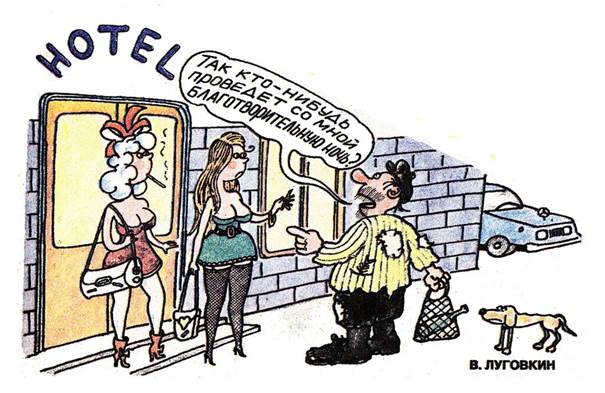Women’s Dormitory, Rush Hour and Sausage in Viktor Lugovkin’s Caricatures
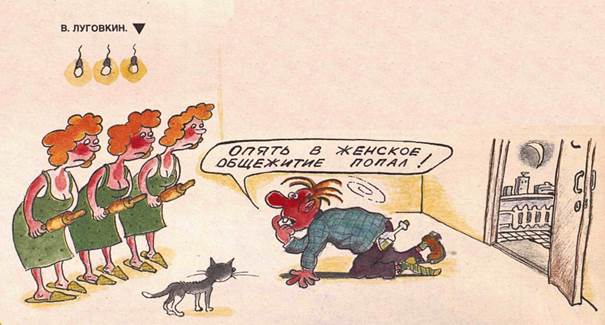
Tell me, dear reader, how often do you start watching the comics of another advertised author and close them on the first strip? Happened…. With Viktor Lugovkin’s comics and caricatures, the situation is the opposite – you can’t tear yourself away from them! Even more, when you start watching funny drawn stories, you don’t notice how you switch to the author’s more serious work. And so, you are already looking at the paintings, looking for pencil works on the Internet…
Many call him “universal”, because Lugovkin can draw everything – from caricatures and caricatures to landscapes and fantastic images.
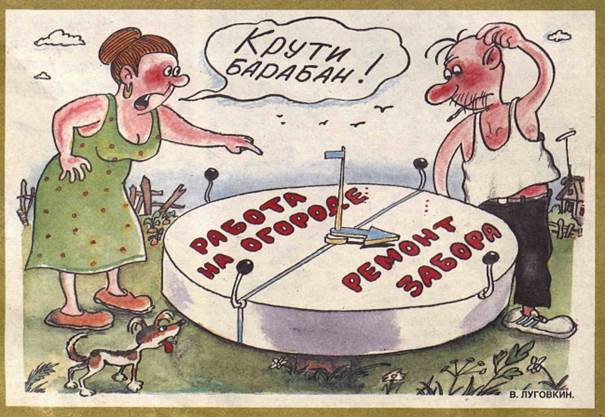
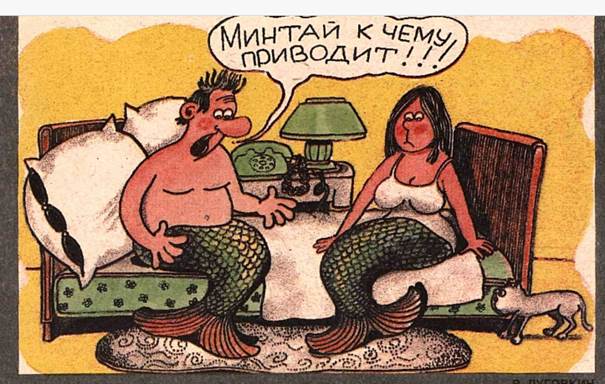
Comics from the military are something new
Viktor Lugovkin drew his first stories in the garrison. He graduated from a military school in Serpukhov, was sent to the service, and it was there that he was “sucked in” by a passion for depicting funny situations.
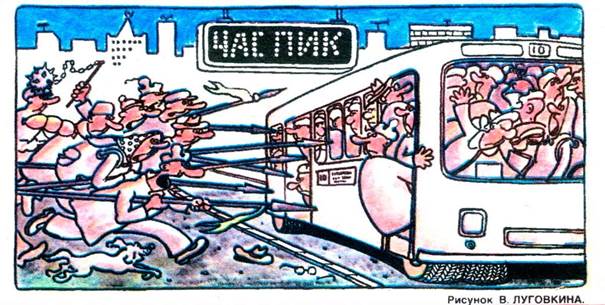
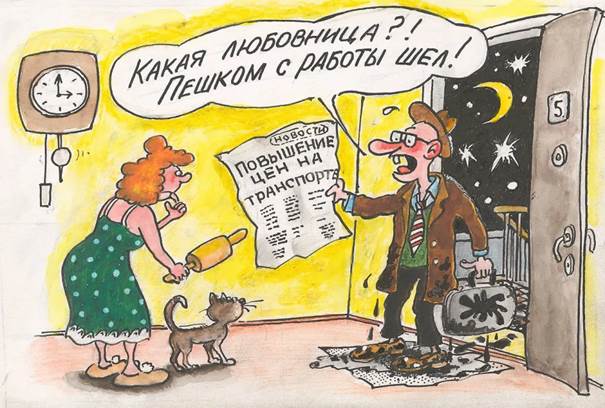
The first experiment turned out to be successful, the caricatures were published in the newspaper. Then there were the following publications, dismissal from the army for health reasons, prizes in competitions and close cooperation with the magazine “Crocodile”. For those who don’t know, the last issue of the satirical edition came out with a picture of Lugovkin on the title page.
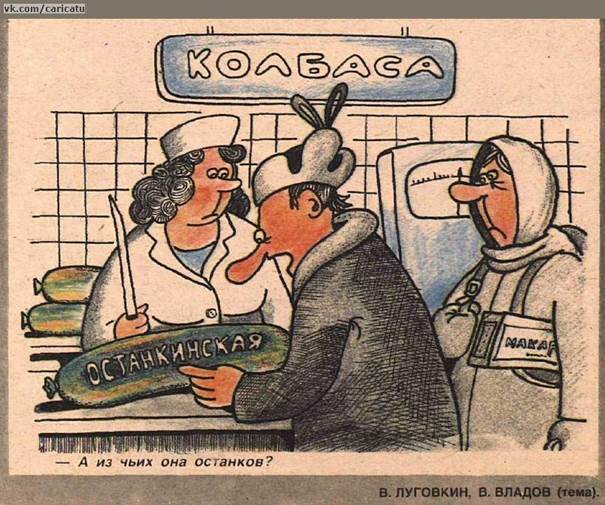
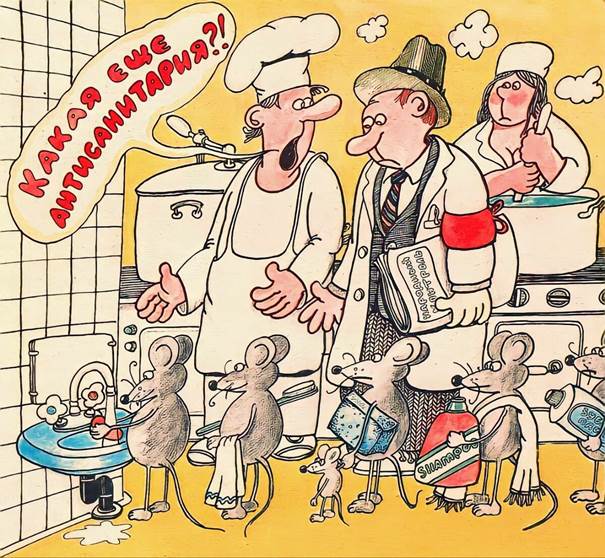
A military man and his comics are “oak” – this is not about Victor. The artist’s painted stories are anything but hearty and intimate. The author has a subtle sense of humor, a huge reserve of sarcasm and a very sharp view of things and situations. Lugovkin manages to create a wonderful shot out of nothing, from the simplest scene on the street or a funny word spoken on a bus.
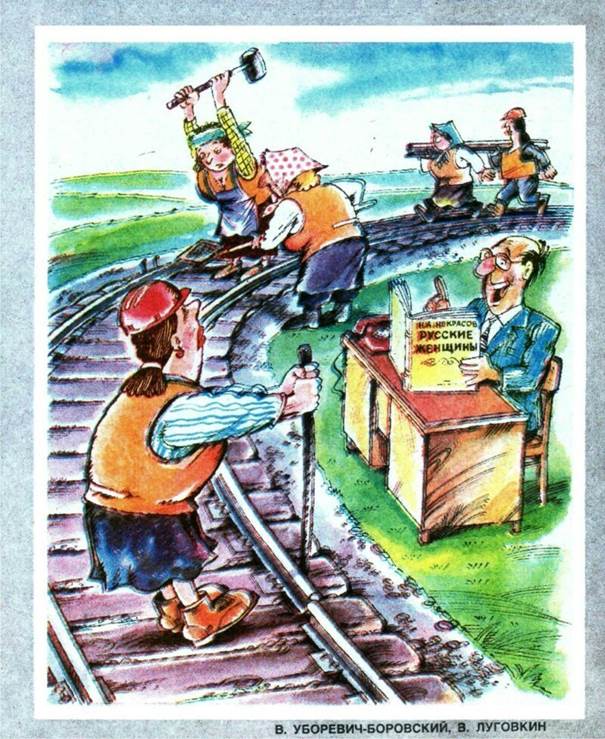
About Comic Book Heroes
The master’s ability to turn the world upside down makes his stories not just funny, but homeric. The artist takes understandable life things as a basis and transfers not only people, but also everyone who “comes to hand” in them. The characters of comics and caricatures are people, animals, birds, robots, fairy-tale characters and inanimate objects.


The variety of characters is not inferior to the variety of plots. Lugovkin is one of the few authors who does not have long comic cycles. This means that you can watch his caricatures from any place and not think about the beginning, plot, plot and denouement. It turns out to be a simple, easy and convenient reading without unnecessary thoughts and moralizing.

There are philosophical messages, but they are so simple and obvious that they are perceived as something obligatory and not burdensome. The author’s stories teach us that there are no hopeless situations at all, ever. It doesn’t matter what kind of trouble the next hero gets into, what he faces and what life leads him to – you can get out of any surprises, the main thing is to do it with humor.


Original style is a sign of craftsmanship
Laughter is a great power to cope with adversity. Lugovkin is aware of this and offers the audience stories drawn with great skill and clarity. The characters in the caricatures show emotions no worse than real people. On their foreheads is written what they are thinking about and what they are concerned about.
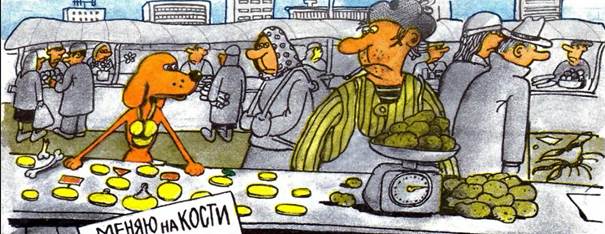
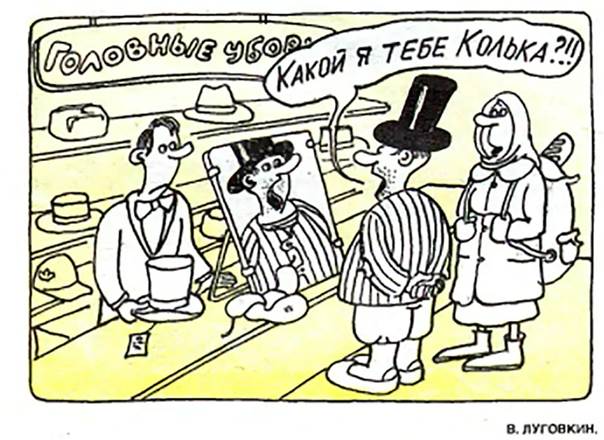
Slightly gaudy, juicy, bright characters can be carelessly drawn, but they never look empty and superfluous. Lugovkin carefully thinks through all the nuances of the drawing and does not leave any understatement in it. By the way, not only does it not have long loops, but also wordy dialogues.

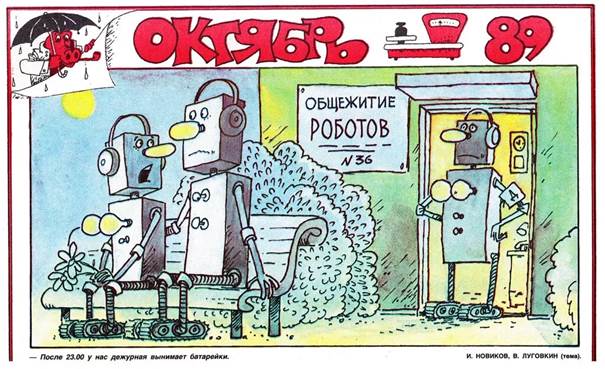
Short texts of the characters only complement the drawing. The result is a symbiosis of caricature and literature – harmonious and successful. It’s a pleasure to watch such comics. You don’t need to think about the topic for a long time, figure out “what the author wanted”, remember some newfangled characters from TV series or computer games.
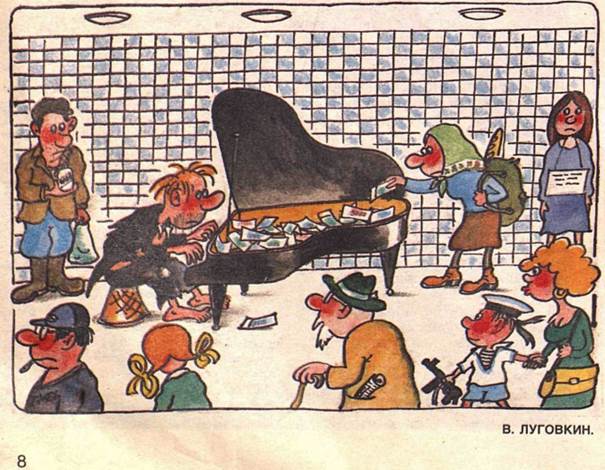

Viktor Lugovkin created timeless comics and caricatures. They will cause smirks and laughter for a long time. Take a look and decide for yourself whether the drawn stories from the master of the “Soviet school” are worth paying attention to or they can be pushed to the shelf, giving preference to younger authors.

